Sci. Adv. 12, eady5905 (2026). DOI:10.1126/sciadv.ady5905
Select the format you want to export the citation of this publication.
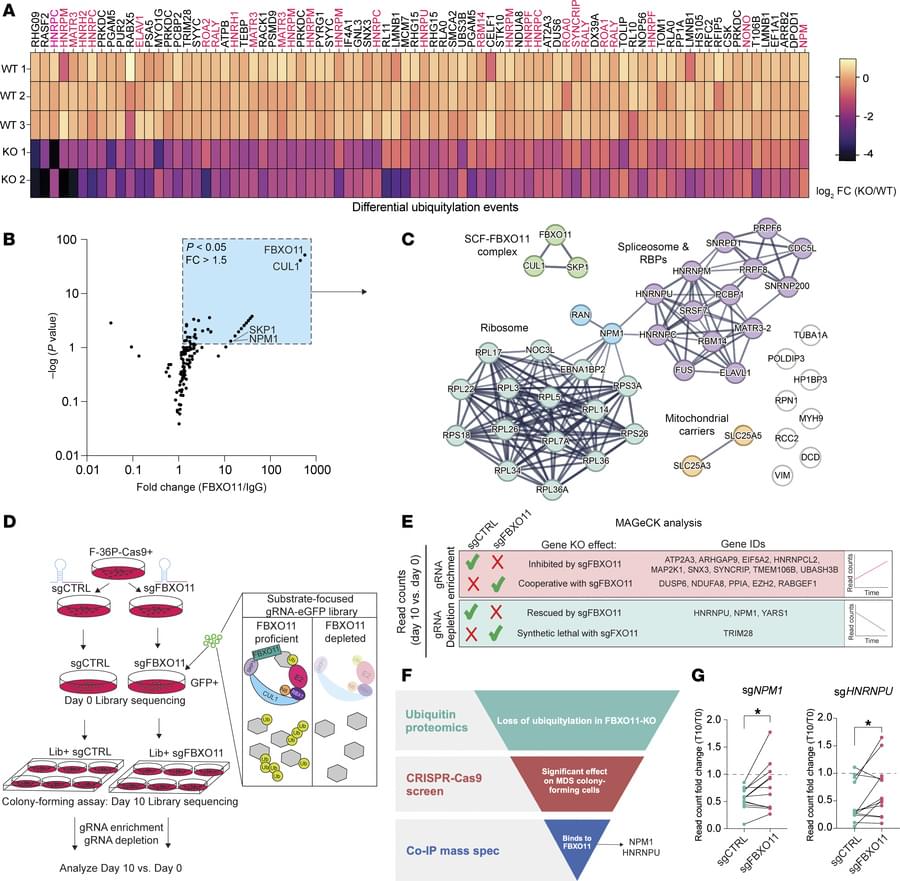
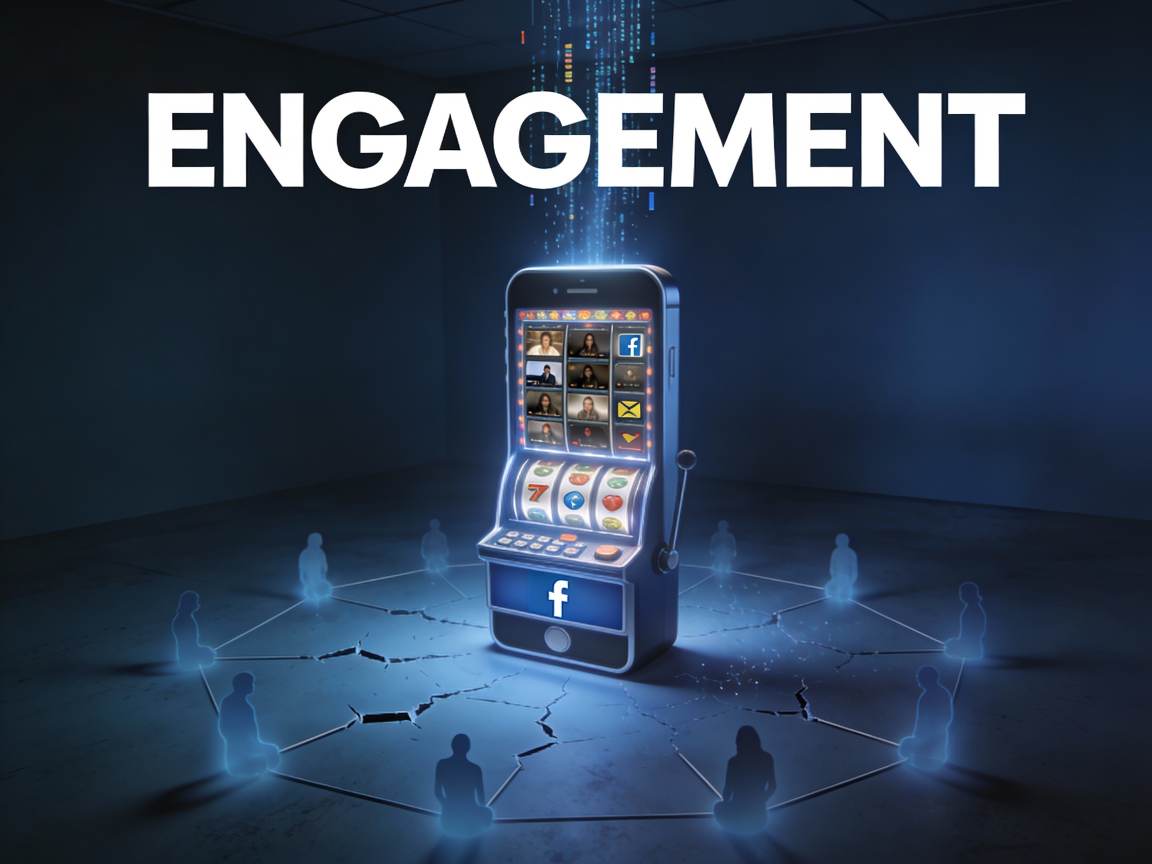
Facebook admitted something that should have been front-page news.
In an FTC antitrust filing, Meta revealed that only 7% of time on Instagram and 17% on Facebook is spent actually socializing with friends and family.
The rest?
Algorithmically selected content. Short-form video. Engagement optimized by AI.
This wasn’t a philosophical confession. It was a legal one. But it quietly confirms what many of us have felt for years:
What we still call “social networks” are not social.
They are attention machines.

Unraveling the mysteries of how biological organisms function begins with understanding the molecular interactions within and across large cell populations. A revolutionary new tool, developed at the University of Michigan, acts as a sort of tape recorder produced and maintained by the cell itself, enabling scientists to rewind back in time and view interactions on a large scale and over long periods of time.
Developed in the lab of Changyang Linghu, Ph.D., Assistant Professor of Cell and Developmental Biology and Biomedical Engineering and Principal Investigator in Michigan Neuroscience Institute, the so-called CytoTape is a flexible, thread-like intracellular protein fiber, designed with the help of AI to act as a tape recorder for large-scale measurement of cellular activities.
The research appears in the journal Nature.
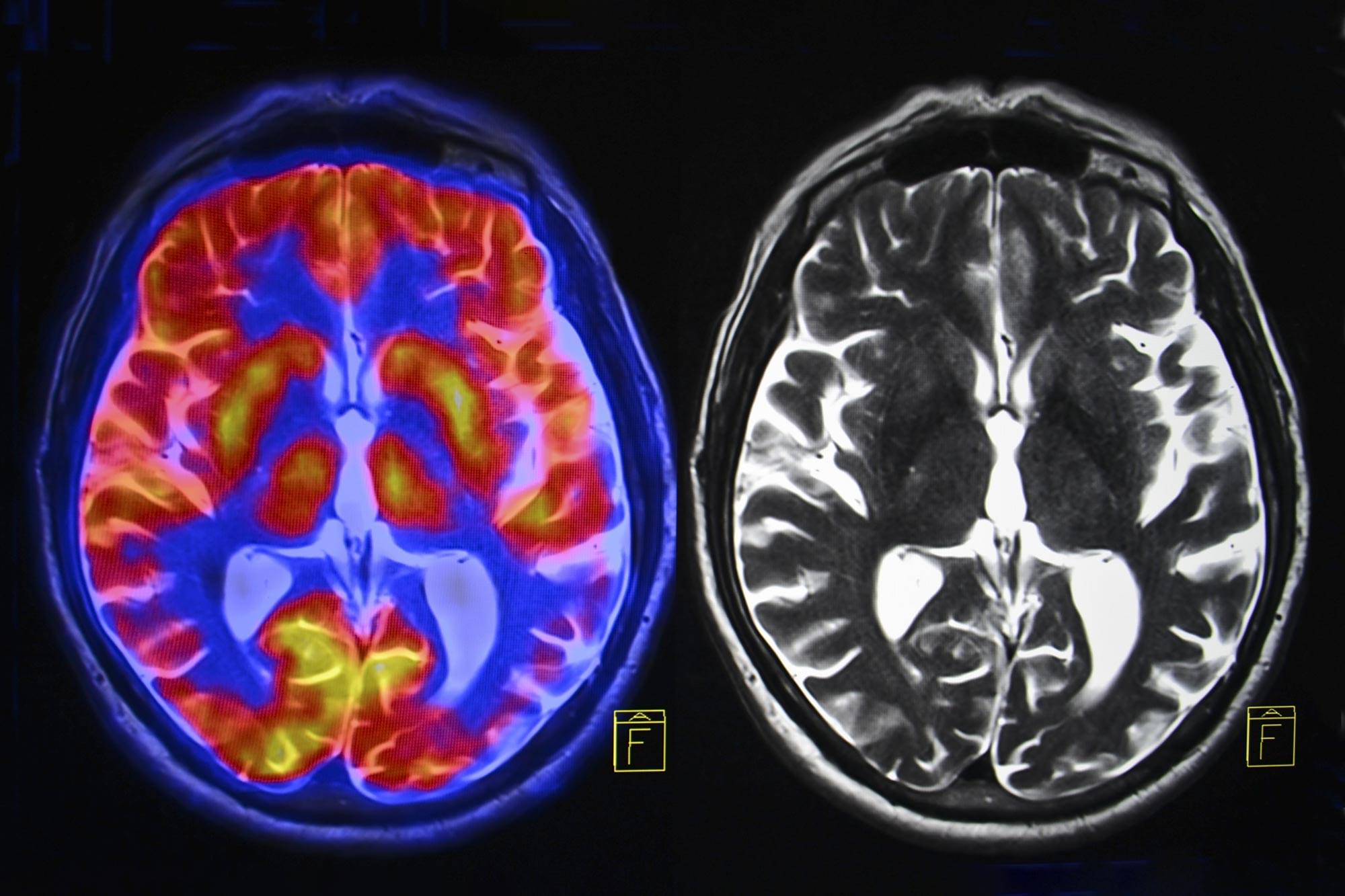
New research suggests menopause is associated with brain volume loss in key regions tied to memory and emotions, along with higher rates of anxiety, depression, and sleep issues.
Hormone therapy didn’t prevent these changes, though it may slow age-related declines in reaction speed.
Menopause linked to brain changes and mental health challenges.


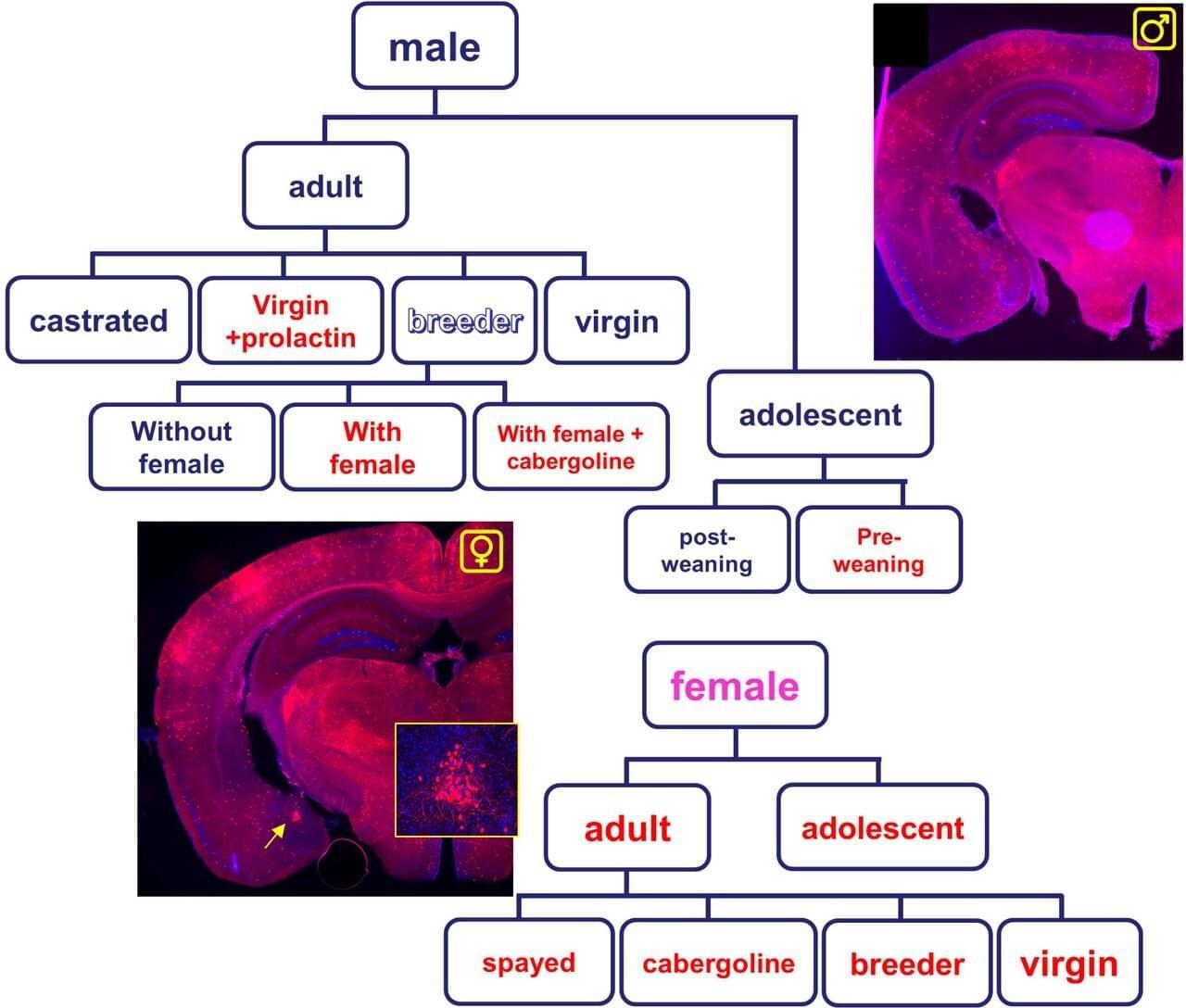
Scientists have uncovered a previously unknown cluster of brain cells that may help explain differences in social behavior between males and females. The small neural circuit appears to function like an on/off switch, showing a striking pattern of activity that differs sharply by sex, an unusually clear contrast compared with most known brain sex differences, which tend to be more subtle and overlapping. Researchers also found that the circuit’s activity shifts with social and reproductive status, suggesting the brain may use this mechanism to adapt behavior across key life stages.
The new study was led by Dr. Tamar Licht and Dr. Dan Rokni from the Institute of Medical Research Israel-Canada (IMRIC) at the Hebrew University of Jerusalem and is published in the Proceedings of the National Academy of Sciences.
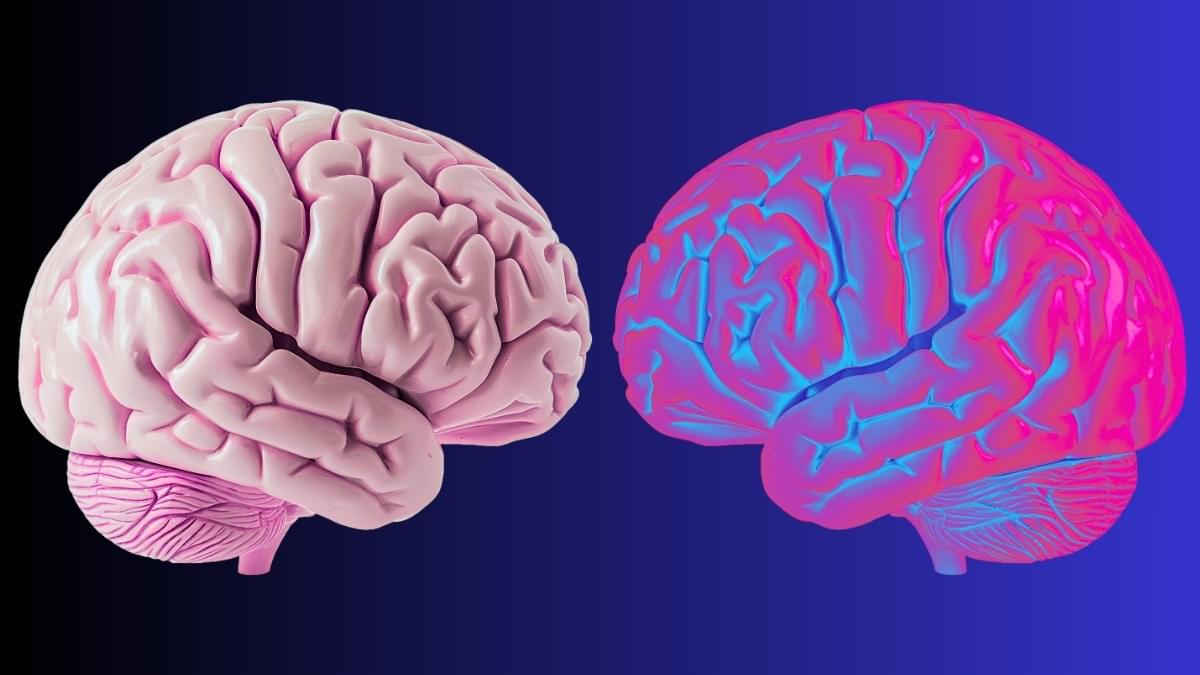
At what point do “you” end and the outside world begins?
It might feel like a weird question with an obvious answer, but your brain has to work surprisingly hard to judge that boundary. Now, scientists have linked a specific set of brain waves in a certain part of the brain to a sense of body ownership.
In a series of new experiments, researchers from Sweden and France put 106 participants through what’s called the rubber hand illusion, monitoring and stimulating their brain activity to see what effect it had.
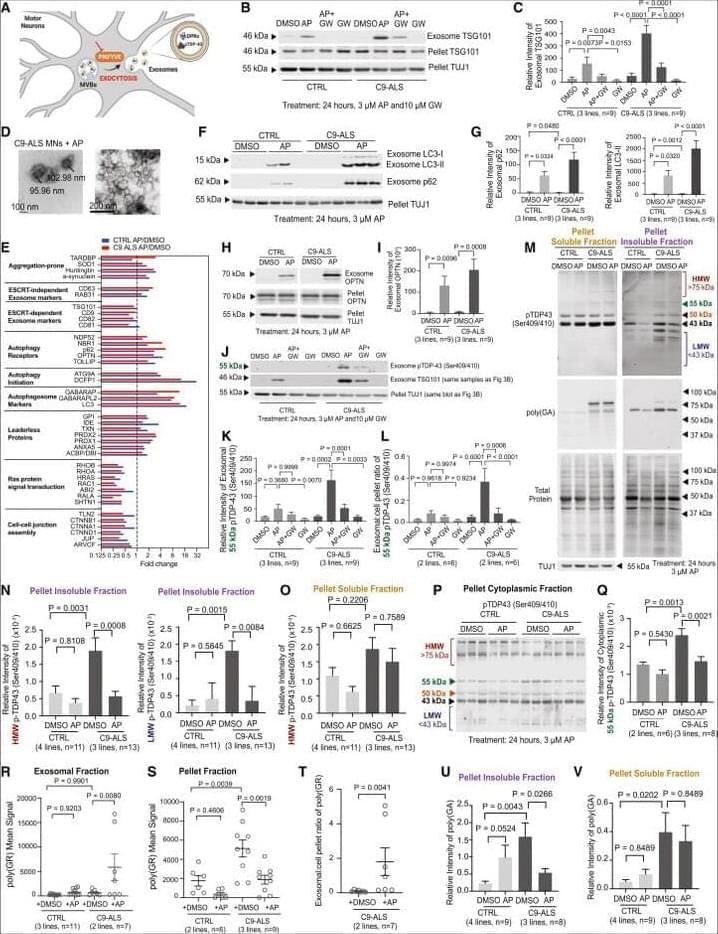
Now online! (Cell 186786–802.e1–e15; February 16, 2023)
Now online! (Cell 186, 786–802.e1–e15; February 16, 2023)
In our original published article, we performed western blots and imaging of induced motor neurons (iMNs) to elucidate the mechanism through which PIKFYVE inhibition causes secretion and clearance of aggregation-prone proteins such as phosphorylated TDP-43 (pTDP-43). Since publication, we have become aware of 3 errors in figure legends or images that we are now correcting.

Structure basis for the activation of KCNQ2 by endogenous and exogenous ligands.
Zhao et al. report cryo-EM structures of human KCNQ2 in complex with QO-58 and QO-83 in multiple conformations, with or without PIP2. Together with electrophysiological and computational analyses, these structures provide insight into the channel’s activation mechanism and support the rational design of targeted anti-epileptic therapies.